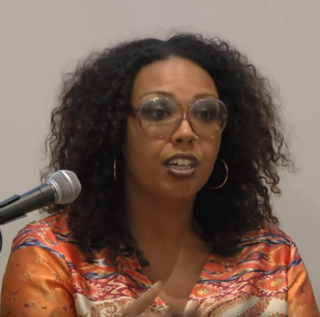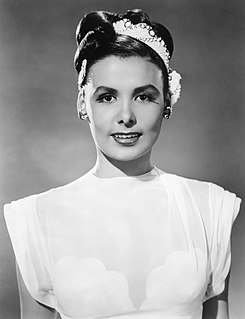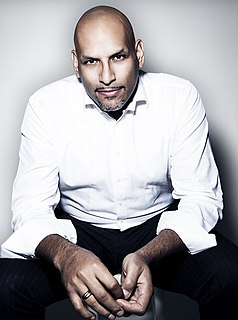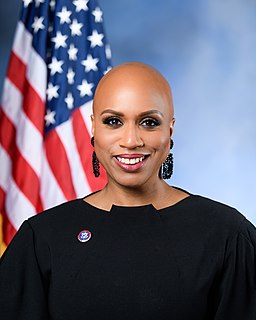A Quote by Jamilah Lemieux
Identity is very personal...identity is political. My identity is what is and it is what it's gonna be. And I don't think that any information will change that profoundly...I [already] know that I am a Black woman, and a Black woman who has mixed some heritage, like most African Americans.
Related Quotes
I have a perhaps naive point of view informed by my own kind of snowflake-in-the-unique-sense rather than the political sense, personal story. I mean I feel like my experiences are so hard to map onto any kind of generalized identity. For example, I'm a black person, but I come from a very particular black experience which is not unlike the experience of the Barack Obama. I have an African mother and a white father and I feel like I have a different experience of being a black person as a result of that identity than someone who is from the descendants of slaves.
Blackness also has positive dimensions, those that bear the political meanings of African American people, among other blacks, who have struggled for self-determination and freedom for centuries. The absence of such an identity doesn't automatically guarantee that we will be free of the images and ideals that fuel stereotypes about black identity. Changing the name will not alter the reality.
The identity of just one thing, the "clash of civilization" view that you're a Muslim or a Hindu or a Buddhist or a Christian, I think that's such a limited way of seeing humanity, and schools have the opportunity to bring out the fact that we have hundreds of identities. We have our national identity. We have our cultural identity, linguistic identity, religious identity. Yes, cultural identity, professional identity, all kinds of ways.
I've spent my whole career trying to stay out of any box that anyone could put me in. 'I'm going to do a play now.' 'Now I'll do a musical.' That was my instinct. So I don't feel boxed in. But 'African-American woman' is part of my identity. I don't want to relinquish that - especially as a mother, helping my daughter find her identity.
I wholeheartedly believe that we can't organize just as women. There has to be specific messaging and an issue prioritization based on identity groups. Because when you ask a black woman what her top priority issues are versus a white woman versus a Muslim woman versus an undocumented woman, you're going to get... different answers.
The potential significance of Black feminist thought goes far beyond demonstrating that African-American women can be theorists. Like Black feminist practice, which it reflects and which it seeks to foster, Black feminist thought can create a collective identity among African-American women about the dimensions of a Black women's standpoint. Through the process of rearticulating, Black feminist thought can offer African-American women a different view of ourselves and our worlds
My mom is Jamaican and Chinese, and my dad is Polish and African American, so I'm pretty mixed. My nickname in high school was United Nations. I was fine with it, even though I identify as a black woman. People don't realize it hurts my feelings when someone looks at my hair or my eyes, and says, "But you're not actually black. You're black, but you're not black black, because your eyes are green." I'm like, "What? No, no, I'm definitely black." Even some of my closest friends have said that. It's been a bit touchy for me.

































